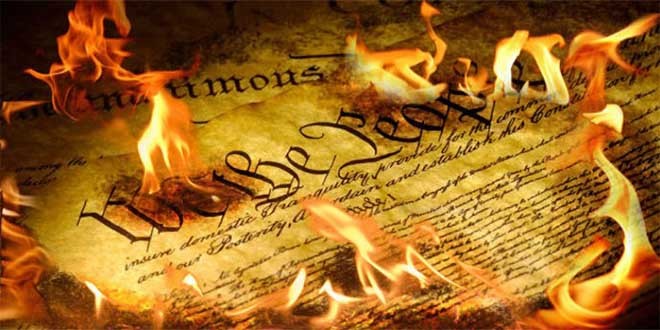by Rick Horowitz | RHDEFENSE.COM | January 30, 2015
Being a criminal defense attorney is never an easy job. It doesn’t matter whether you’re dealing with the everyday instances of prosecutors who hide exculpatory evidence, and even perjure themselves over it while ignorant judges declare that it doesn’t happen in their courtrooms, or you’re a public defender being arrested for asking the police why they’re questioning your client outside the courtroom, or if you’re standing before the United States Supreme Court listening to the Chief Justice joke that the constitutional violation upon which they are asked to opine isn’t really a problem because, well…
It’s only a violation of the Fourth Amendment for two minutes, right?
And rather than gasp at the idea that a sitting Chief Justice of the United States Supreme Court is making a joke – of the United States – while hearing oral argument on a case involving a violation of the United States Constitution by government agents, the audience laughs, as if they were mere crazy capos, and constitutional violations were merely part of the comedy.
Yet this is the world in which we, criminal defense lawyers, “practice.”
We call it “practice,” because in the absence of the rule of law, we can only try to learn certain moves – like a boxer in the ring who learns to throw a left hook once in a while – and we try them over, and over, until we’ve learned them as well as we can. We hope they will work. And sometimes they do; sometimes they don’t. Because in a world without law, that’s just how things go.
It wasn’t always like this in the United States. This quaint little document which – as Justice Sotomayor, the only person on the United States Supreme Court with any experience in a criminal court at all, and a prosecutor at that, has said is now but a “useless piece of paper” – was once the supreme law of the land.
Indeed, it was more than that. One of the meanings of “constitution,” is “a document that describes the system of beliefs and laws by which a country, state, or organization is governed.” You might be surprised, if you knew nothing at all about language, history, or the Constitution, to know that “constitution,” and “constitute,” are related words. And to “constitute” something is to create it, to establish it, to form it, to make it up – in other words, before the thing constituted is constituted, it does not exist.
The Constitution of the United States brought the United States of America into existence; before there was a Constitution of the United States of America, the United States of America did not exist.
 Weaponized News New World Order politics, economics and current events
Weaponized News New World Order politics, economics and current events







